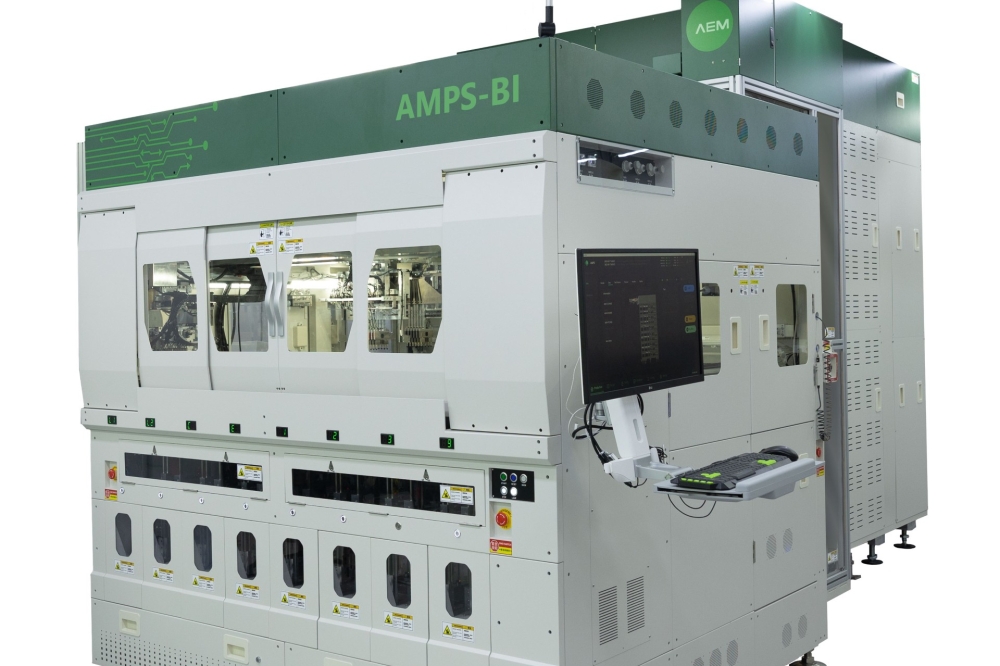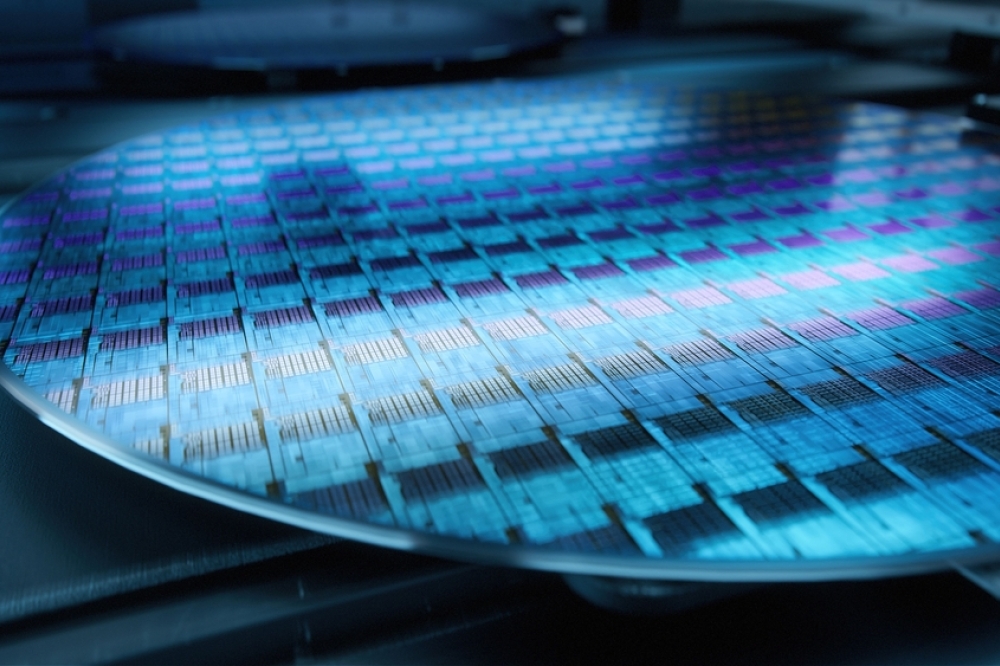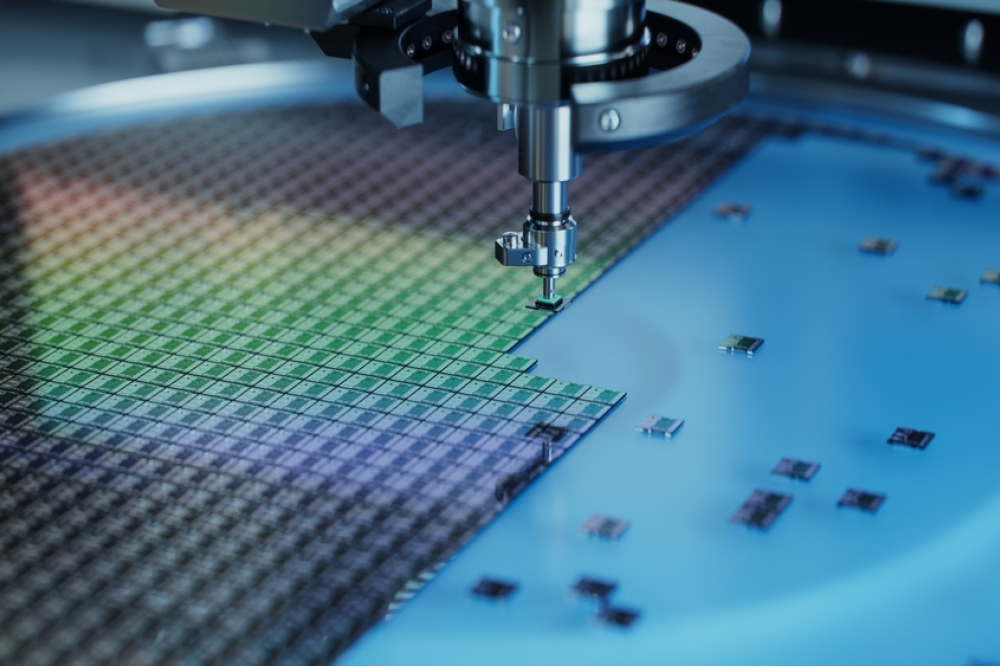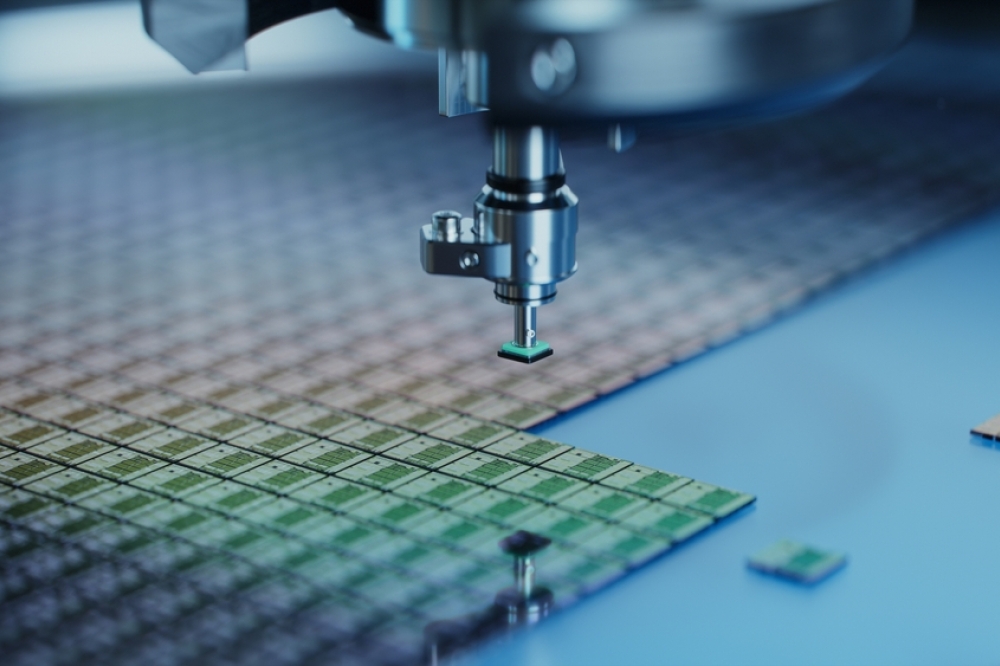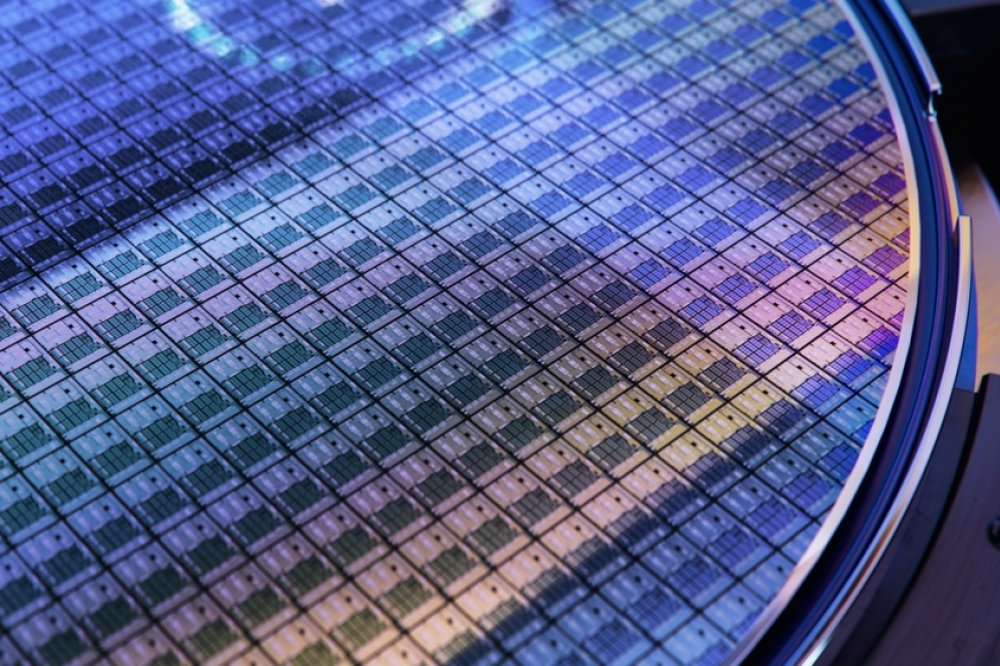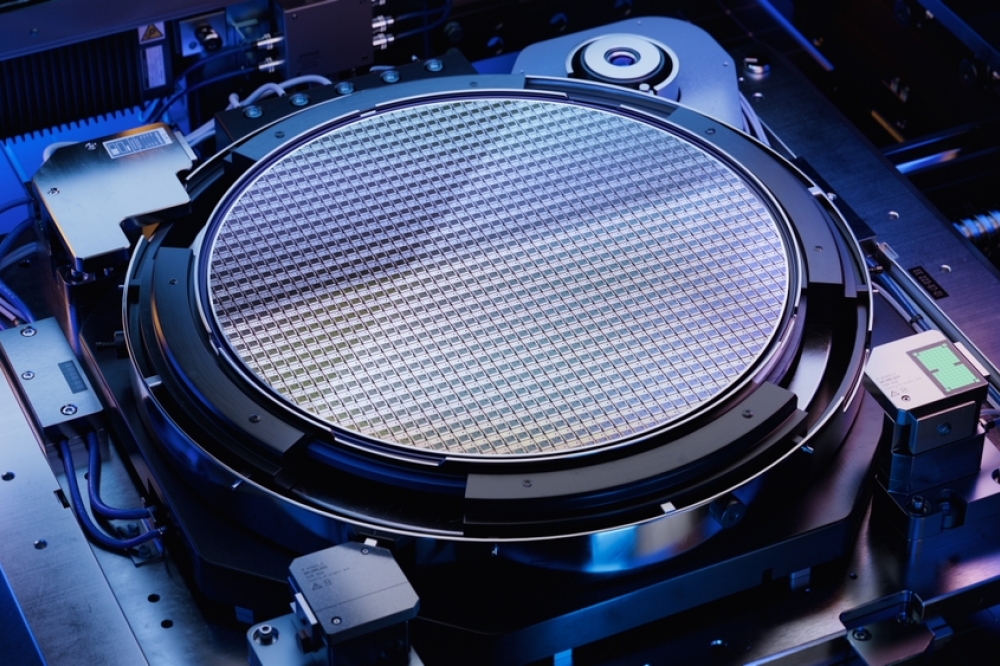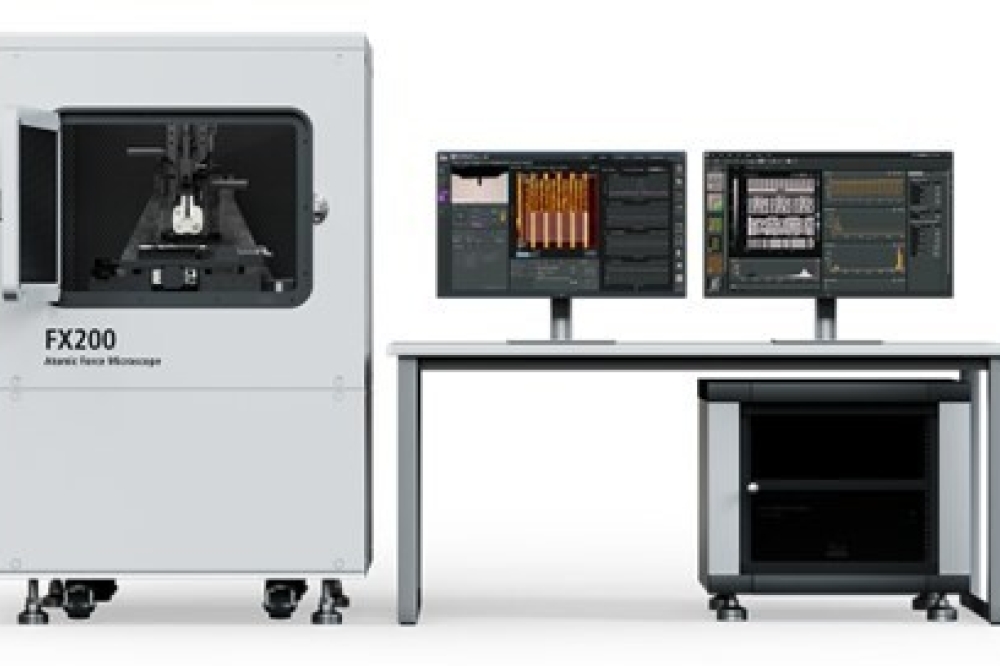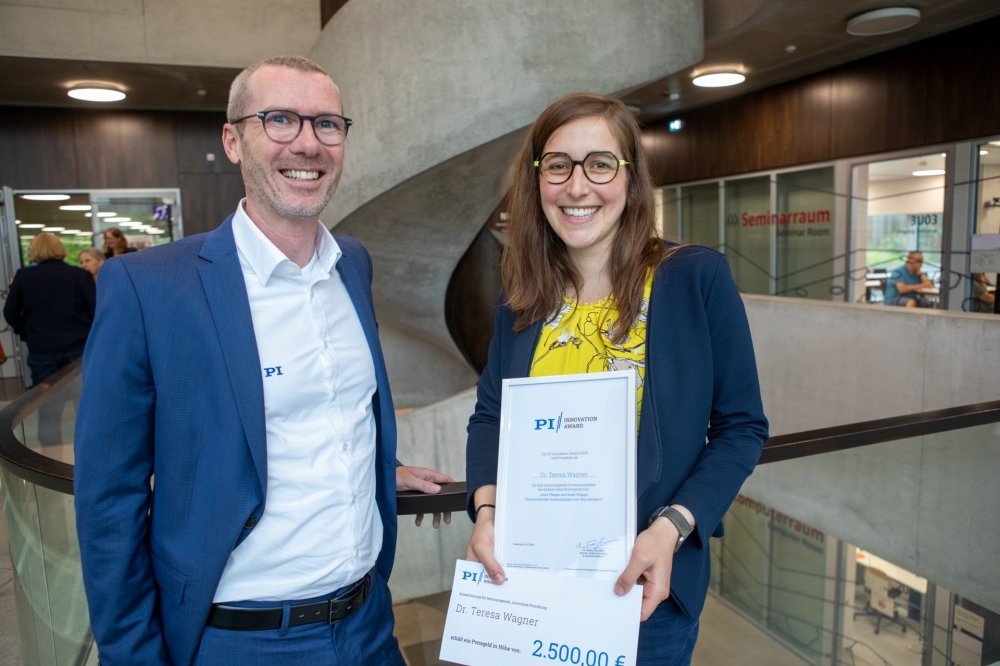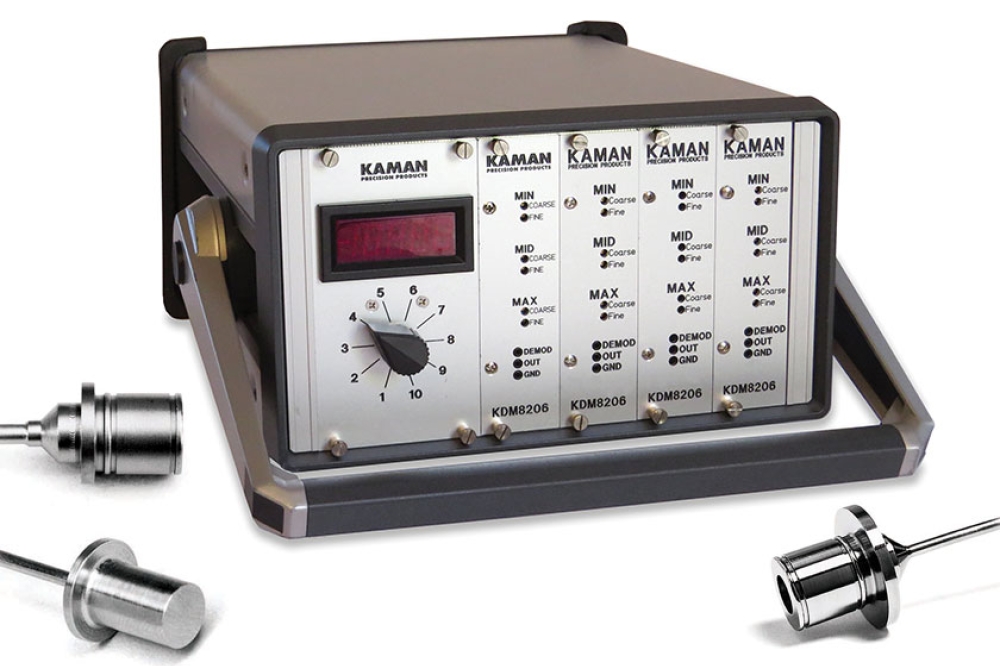No Flash in the pan!

ANAFLASH brings 'cost-effective' embedded non-volatile memory technology to market.
ANAFLASH, a smart microcontroller developer for edge computing based in Silicon Valley, has acquired an exclusive license for a single-poly based embedded flash memory technology from the University of Minnesota. The company seeks to commercialize this cost-effective and energy-efficient non-volatile memory technology, which is now available to be licensed to collaborative partners with a primary application for numerous battery-powered devices such as medical wearables, wireless sensors, and autonomous robots.
“We are thrilled to see the opportunity around the single-poly embedded flash memory technology, which does not require any process overhead beyond the standard logic process, making it easy to deploy in advanced nodes without adding extra cost,” said ANAFLASH CEO and Co-Founder Dr. Seung-Hwan Song.
Such energy constrained devices require an embedded non-volatile memory to store information without consuming power during the sleep mode of the devices. Differently from alternative non-volatile memory technologies, the company’s embedded flash memory technology is fully logic compatible and can be scalable in advanced logic process technologies of various silicon foundries. This alleviates cost and supply concerns of microchips, too.
The first chip track portfolio company of Berkeley SkyDeck Fund, ANAFLASH has validated this technology through multiple generations of silicon wafers and various process technology nodes. The company presented a prototype chip for a single-poly embedded flash-based non-volatile neural network accelerator at Flash Memory Summit.
"The Berkeley SkyDeck chip track was designed to tap into the enormous potential that the industry holds and find companies that are capitalizing on that potential. ANAFLASH's licensed technology, with its multitude of applications, promises more efficient and more affordable devices for people around the world, and that vision for changing these devices for the better is what drew us in," said Chon Tang, Founding Partner, Berkeley SkyDeck Fund. "We look forward to seeing how Seung-Hwan and the team continue to leverage this important research to make a real difference."
Using the company’s logic-compatible embedded flash IP, ANAFLASH’s research partner, KAIST, has fabricated an energy-efficient edge AI test-chip, which will be presented at the 2023 IEEE Custom Integrated Circuits Conference, April 23-26 in San Antonio, Texas.
ANAFLASH has received multiple awards from the National Science Foundation, the Department of Defense, and NASA, and recently closed its latest funding round led by Mirae Asset Venture Investment and We Ventures. The company also holds several patents in the United States and other countries, with multiple applications pending, and has established a wholly owned subsidiary called SEMIBRAIN, which was recently awarded the opportunity to develop the embedded flash memory IP in advanced process nodes of Samsung Foundry.
The single-poly based embedded flash memory technology was originally developed by Professor Chris Kim at the University of Minnesota and was recognized by the IEEE with the Low Power Design Contest award. Professor Kim’s group continued to develop this technology for various applications, including embedded non-volatile memories, counterfeit detection sensors, and neuromorphic computing cores, and these developments have been published in over 10 papers.


